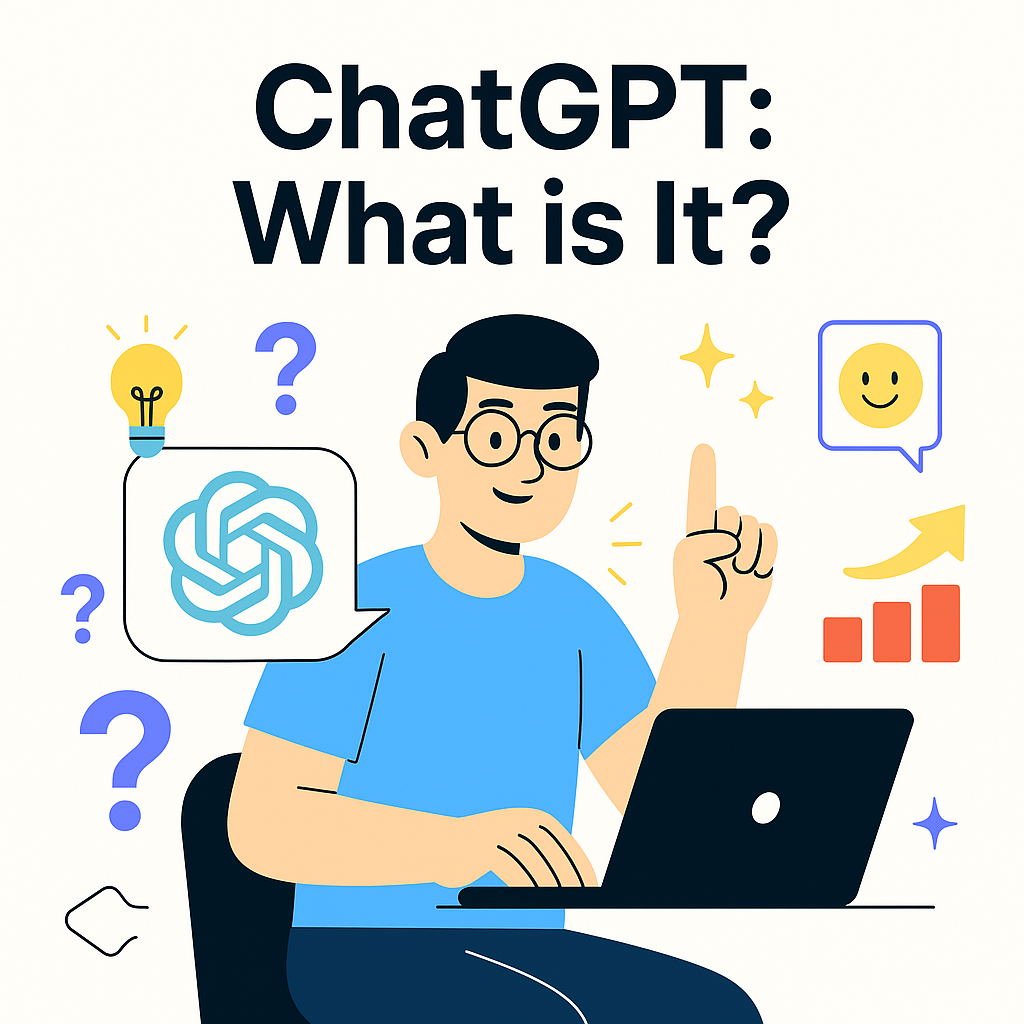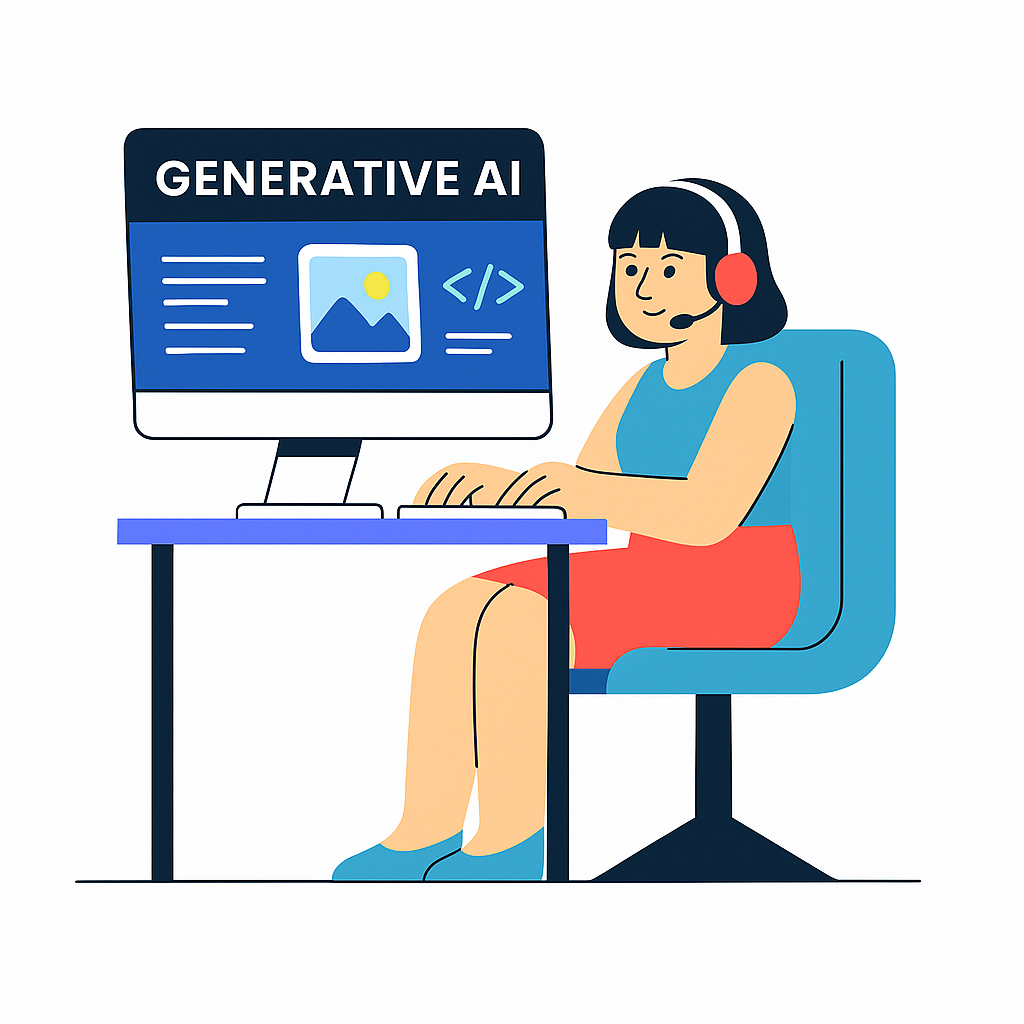AI Types

What is AI?
Complete Guide to Artificial Intelligence Types & Applications 2025
What is it in actuality aside from a trendy buzzword? What are it's most useful applications for the user beyond the generic 'make me a schedule' and 'write me an essay' queries?
Since it was introduced to the world in November of 2022, it's no question that Artificial Intelligence (AI) has transformed our world. Today, the single user, medium-scale businesses to full-bowl tech giants have integrated various formats of AI capabilities to keep up with the demands of our fast-paced world.
In recent news, Google has taken the next step in the EdTech space by introducing Gemini tools to it's education platform through the integration of Google Vids and NotebookLM. This tech helps optimize lesson planning, grading and generating engaging AI-driven teaching materials to boost class-time productivity for students and teachers alike.
This is just one small example of the power of AI enriching our lives. But getting back to the root of the question;
What is AI?
The history of Artificial Intelligence as we know it, is actually more extensive than one might think.
When we talk about artificial intelligence- we're not talking about Will Smith's I, Robot (although let's admit it- that would be pretty interesting to see IRL). We're talking about the ability of a system to use available information, learn from it, make decisions and adapt to new situations. The idea of creating machines that are able to derive their own decisions was born from mystic times- stretching as far back as the Ancient Greek myth of Talos, a giant bronze automaton fabricated by the blacksmith god Hephaestus!
Of course AI as we know it, was born of a term coined by computer and cognitive scientist John McCarthy in 1956, later developing the first AI programming language LISP in the 1960's. These early ancestors to our modern-day systems were rule-centric, and underwent complex revamps in the 70's and 80's. Now, thanks to significant investment in computer science and data research fields, AI is experiencing a renaissance thanks to the advances in it's algorithms, hardware, and machine learning techniques.
Now you know the history. But let's talk categories and AI types! Let's dive into these key types to understand how they're shaping our future~ and more importantly: how you can leverage them to get ahead!

How Artificial Intelligence, Machine Learning, Deep Learning and Generative AI are related.
Source: IBM
AI Types:
1. Reactive Machines
Reactive machines are the most basic form of AI systems. They operate solely on current inputs without storing past experiences. These machines respond to specific stimuli with predefined actions, lacking the ability to learn or adapt.
Examples:
- IBM's Deep Blue: This chess-playing supercomputer defeated grandmaster Garry Kasparov in the late 1990s by analyzing the chessboard's current state and predicting possible moves.
ibm.com - Netflix's Recommendation Engine: By analyzing viewing history, Netflix suggests content you might enjoy, operating based on current data without learning from past interactions.
ibm.com
2. Limited Memory AI
Limited Memory AI can utilize past data to inform present decisions. While it doesn't store experiences long-term, it can analyze historical information to improve it's responses.
Examples:
- Self-Driving Cars: These vehicles monitor other cars' speed and direction, using this data to make real-time driving decisions.
coursera.org - Virtual Assistants: Assistants like Siri and Alexa use past interactions to provide more accurate responses, enhancing user experience.
ibm.com
3. Theory of Mind AI
Currently theoretical, Theory of Mind AI would understand emotions, beliefs, and intentions, allowing it to interact more naturally with humans. This type of AI aims to comprehend human thoughts and emotions to predict behaviour.
Potential Applications:
- Advanced Robotics: Robots capable of understanding human emotions could provide better companionship and assistance.
- Personalized Learning: Educational tools that adapt to students' emotional states and learning styles.
Applying AI to Your Life: Unlocking AI for a Smarter, Richer, and More Productive Life
Imagine having a personal productivity powerhouse at your fingertips! Reactive AI, like Netflix's recommendation engine, can streamline your entertainment choices, but imagine using it for work—AI-powered automation tools like Grammarly or Jasper can instantly refine your emails and content without learning from past mistakes.
Limited Memory AI, like self-driving cars, powers smart assistants such as ChatGPT or Notion AI, helping you summarize reports, draft pitches, and schedule meetings—cutting down hours of tedious work.
And while Theory of Mind AI is still in the works, imagine a future where your AI coach understands your motivation dips and helps you stay on track—whether you're learning a new skill on Coursiv or training for a marathon. AI isn’t just futuristic—it’s your secret weapon for a sharper mind, smoother workflow, and fatter wallet!
As AI continues to evolve, staying informed is crucial, which is why at Coursiv we’re dedicated to providing you with the latest trends and insights on AI developments.
Whether for work, business, or personal projects; at Coursiv, we offer courses to help you navigate the world of AI at your own pace. Explore our offerings to stay ahead in this rapidly changing field.
Coursiv Editorial Team

Chat GPT-What Is It?
by Coursiv Editorial Team
1 min read

Generative AI
by Coursiv Editorial Team
2 min read
